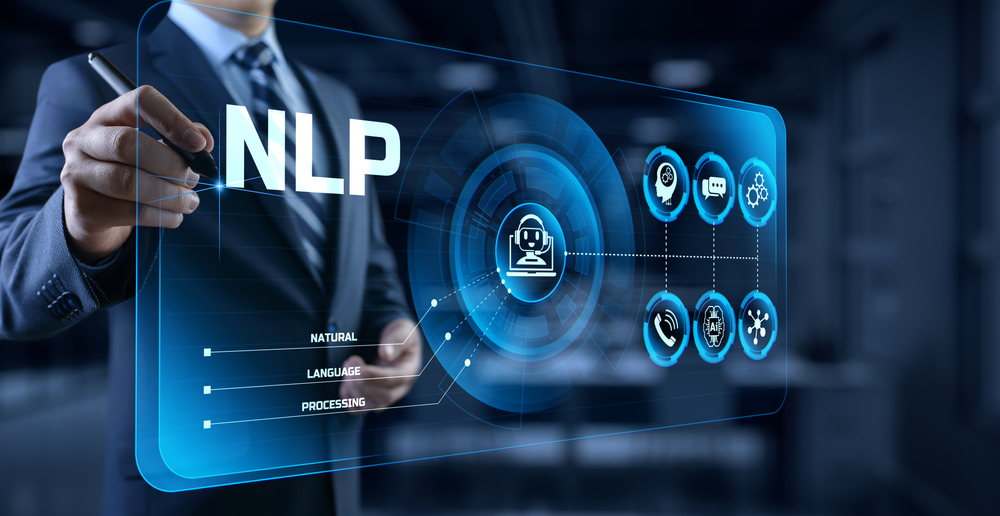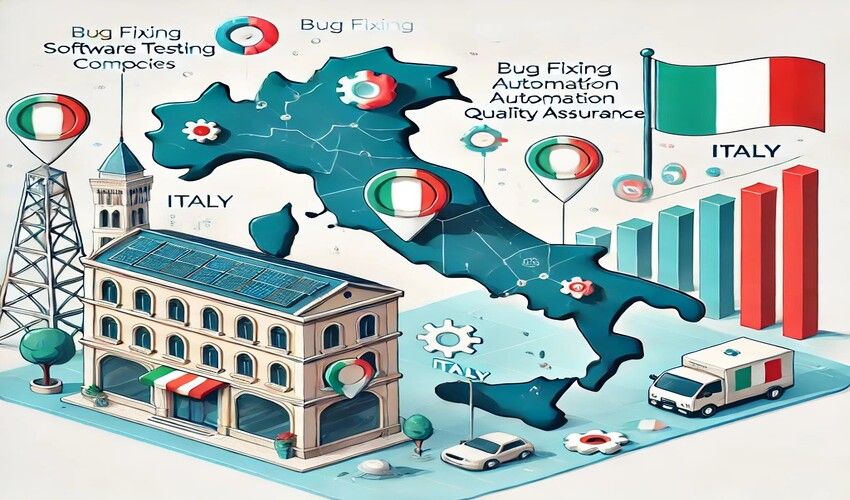In the fast-paced, ever-evolving realm of technology, breakthroughs are constantly triggering seismic shifts across various industries. One such groundbreaking development is the potent integration of Natural Language Processing (NLP) into software development. This compelling fusion is transforming the landscape of the software development domain, ushering in enhanced collaboration and heightened productivity.
Understanding Natural Language Processing (NLP)
Natural Language Processing, a distinctive subfield of artificial intelligence (AI), focuses on the capability of computers to comprehend and interpret human language. It’s an exciting and complex field that bridges the gap between human communication and computer understanding, providing numerous implications and applications in real-world scenarios.
In a broader sense, NLP is the driving force behind several contemporary applications we may take for granted. From voice-enabled assistants such as Siri and Alexa to spell-checking utilities in word processors, NLP is silently powering numerous interactions we have with our digital devices daily. However, the influence of NLP is not confined to these use-cases alone. It has been steadily making significant strides into the software development sector, bringing about a fresh lease of life to conventional practices.
The Role of NLP in Software Development
The role of NLP in software development is multifaceted and growing with each passing day. One of the most prominent applications of NLP lies in the domain of code review and code generation. NLP algorithms can be meticulously trained to comprehend code syntax and semantics, which paves the way for automated code generation and review. This automation not only accelerates the development process but also significantly reduces the potential for human error. As a result, we can witness the creation of more robust and reliable software applications.
How NLP Enhances Collaboration
In modern software development practices, collaboration is of paramount importance. With the advent of agile methodologies and DevOps practices, teams are expected to function together more closely than ever. In this context, NLP emerges as a transformative tool. It can be deployed to convert verbal communication into written code, thereby effectively bridging the gap between developers and non-technical stakeholders. This particular application of NLP makes the software development process far more inclusive and collaborative, fostering a culture of shared understanding and mutual progress.
NLP Augmenting Productivity
When it comes to productivity, NLP has a lot to offer. By automating mundane tasks such as code review and bug detection, NLP allows developers to focus their energies on higher-order tasks. This strategic shift not only enhances individual productivity but also boosts the overall efficiency of the development team. In essence, NLP is emerging as a powerful tool that can help software developers achieve more with less, creating a clear pathway towards optimized productivity.
AI Prompts in Software Development
AI prompts, serve as an excellent example of how NLP can augment software development. By offering intuitive suggestions based on the developer’s input, these prompts can significantly expedite the coding process. The integration of NLP in such tools enables them to understand the developer’s intent, thereby providing relevant and contextual prompts. This function can prove to be a boon, especially in large-scale software development projects where time is a precious commodity.
The Power of NLP in Bug Detection
Bug detection is a critical aspect of software development. Traditional methods of bug detection are often laborious and time-consuming. However, the integration of NLP can streamline this process substantially. By analyzing the natural language comments in the code, NLP can highlight potential areas of concern. This feature aids in early detection and resolution of bugs, leading to a smoother and more efficient software development process.
Looking to the Future: NLP and Software Development
The intersection of NLP and software development holds immense promise for the future. As we continue to witness rapid advancements in AI and machine learning, the potential applications of NLP in software development are likely to expand even further. These exciting possibilities could reshape the industry in several ways.
NLP for Intuitive User Interfaces
NLP technology could play a crucial role in creating more intuitive user interfaces. As developers strive to deliver seamless user experiences, the ability of software to understand natural language input becomes increasingly significant. This could range from voice commands in mobile applications to complex textual input in enterprise software.
Improving Team Communication with NLP
NLP has the potential to revolutionize team communication within the software development process. Currently, much of the communication between team members happens through textual messages, which can lead to misunderstandings and miscommunication. With NLP, this text can be analyzed in real-time to provide insights into team dynamics, detect potential conflicts, and suggest improvements in communication.
Automating Testing Processes with NLP
Another promising application of NLP in software development is the automation of parts of the testing process. By understanding the natural language descriptions of test cases, NLP algorithms could potentially generate test scripts automatically. This would not only speed up the testing process but also reduce the likelihood of human error.
Conclusion: The New Era of Software Development with NLP
In conclusion, the integration of NLP in software development is proving to be a boon for developers and organizations alike. By enhancing collaboration and boosting productivity, this powerful technology is reshaping the landscape of software development in ways previously unimagined. The future of software development is likely to be one where NLP plays an increasingly central role, driving innovation and setting new standards for what’s possible in the realm of software development.
For anyone interested in diving deeper into the world of NLP in software development, we recommend “Speech and Language Processing” by Daniel Jurafsky and James H. Martin, a comprehensive guide available online. For more hands-on experience, online platforms like Coursera and Kaggle offer courses and challenges that can help you get started with implementing NLP in your projects.
In this digital age, the ability to adapt and embrace new technologies like NLP can significantly impact software development outcomes. It’s an exciting time to be a developer, and those who can harness the power of NLP will undoubtedly lead the pack in the years to come.
















Leave a Reply